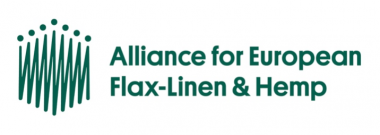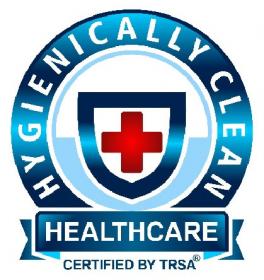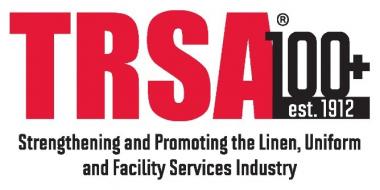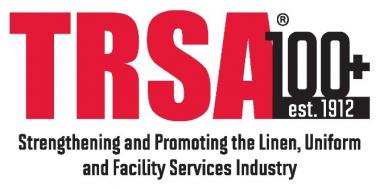Intertextile Shanghai Home Textiles in August 2024
from both inside and outside of Asia. Looking ahead, the stage will be set once again at the National Exhibition and Convention Center (Shanghai) next year, allowing exhibitors and buyers from the industry to match their trading needs onsite. Thanks to the resumption of global travel and the ongoing industry recovery, the next Autumn edition is slated to attract even more multinational fairgoers and diverse home and contract textile collections. The fair will return in 14 – 16 August 2024.
A recent study showed a significant rise in corporate travel in 2023, driven largely by the resurgence of live business events and the easing of restrictions following several turbulent years. Adding to this, the Chinese government has announced several measures in a bid to attract more international visitors, including a simplified visa application process as the latest initiative.
As one of the largest economies in the world, China is renowned for producing high-value products across the home textile spectrum, making Intertextile Shanghai Home Textiles an essential stop for global suppliers and buyers aiming to kick off the next business season.
Emerging markets have become a significant focus for the industry in recent years. China's exports of home textiles to the ASEAN market amounted to around USD 2.09 billion in the first quarter of 2023, with an increase of 18% year-on-year; of which around USD 1.38 billion was exported in finished goods, seeing a rise of over 42% year-on-year[3]. With this growth in trade, buyers from fast growing emerging markets are expected to increasingly benefit from the Intertextile Shanghai Home Textiles platform to fulfil their sourcing needs.
The upcoming Autumn edition will continue to comprise a wide range of home textile products, including bedding & towelling, rugs, table & kitchen linen, upholstery & curtain fabrics, editors, home textile technologies and textile design.
Intertextile Shanghai Home Textiles – Autumn Edition is organised by Messe Frankfurt (HK) Ltd; the Sub-Council of Textile Industry, CCPIT; and the China Home Textile Association (CHTA).
Intertextile Shanghai Home Textiles, China, home textiles market Intertextile Shanghai Home Textiles
Messe Frankfurt (HK) Ltd




















